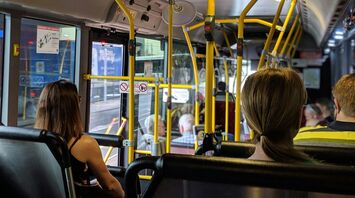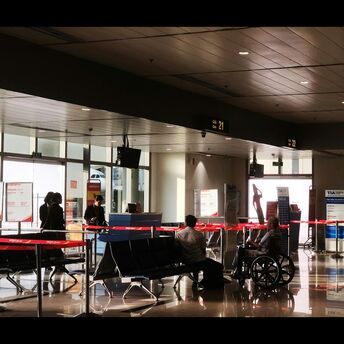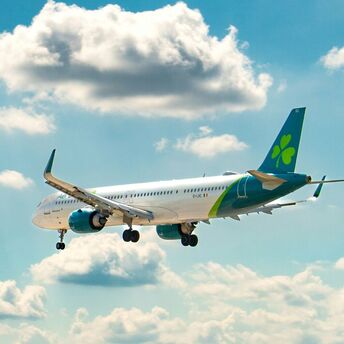Electric Buses Make Exploring Exeter Smoother for Visitors

A £4.4 million deal between the UK Department for Transport and Stagecoach South West would enable Exeter to expand its fleet by ten double-decker electric buses. This move is part of a broader strategy to reduce emissions across Devon. Earlier in 2024, there was already a £15 million boost aimed at new electric vehicles and the infrastructure to support them. This new announcement follows up on that progress.
The new buses are expected to begin arriving in Exeter during summer, with more to follow in North Devon. By early 2026, the full rollout across the South West will be complete. Once in place, all services in Exeter’s city centre will run on either electric or low-emission Euro 6 diesel engines. This includes the full electrification of the 4 Service, covering key routes such as Cranbrook, the city centre, and St Davids Station.
By contributing £3.5million out of the total £4.4 million it demonstrates how important it is to us to provide an enhanced sustainable travel option for the communities we serve which will see improvements in air quality, reduced carbon emissions and a quieter and more comfortable journey for our customers.
This shift will make public transport quieter, cleaner, and more comfortable for everyone using it. Bringing in fully electric buses will make it easier for visitors coming by train or staying in Exeter to reach the city centre and nearby areas. These routes cover popular destinations like the University of Exeter and the Honiton Road Park & Ride, making sightseeing and commuting easier without the need for a car.
Besides environmental gains, the upgraded fleet contributes to a better travel experience overall. With less noise, getting around the city feels more peaceful, and reduced emissions help improve the air quality. Offering tourists a more environmentally friendly way to experience Exeter and its environs, this development is particularly significant for those who choose travel locations based on sustainability.
Broadly speaking, this indicates a stronger desire for ecologically sustainable transit options. It’s a way to offer visitors in Devon a good time while also making sure they have reliable transport options. Cleaner public transportation enhances local quality of life and contributes to the global trend toward greener travel.



















